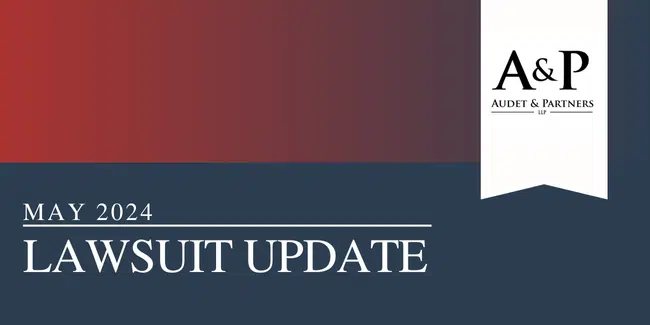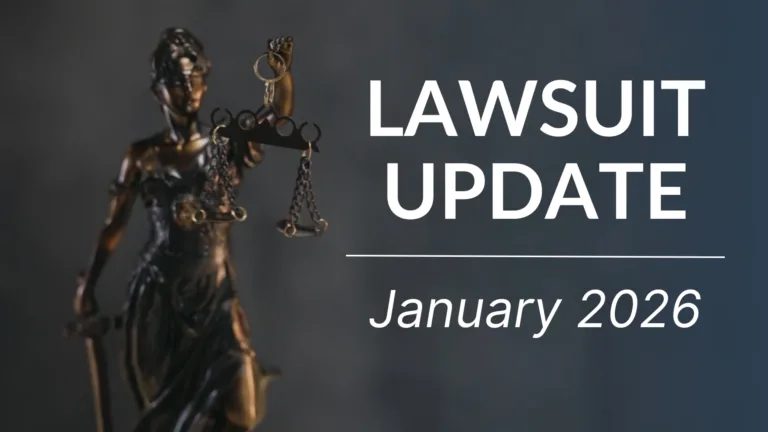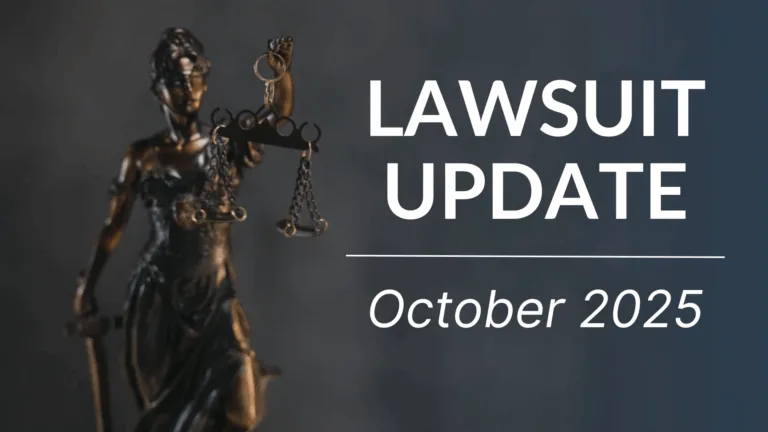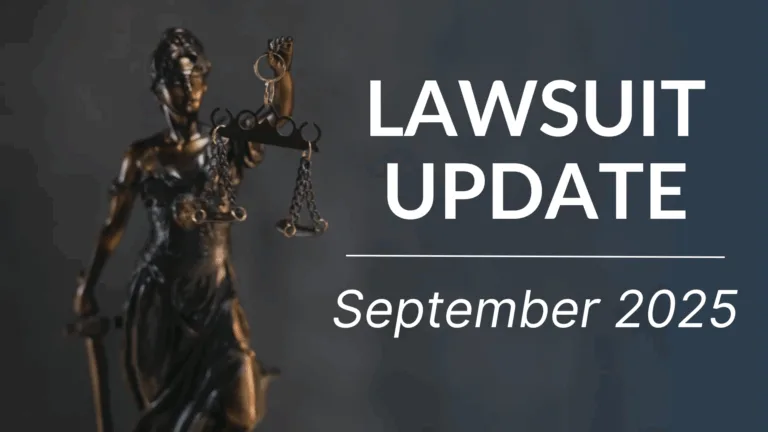
California Supreme Court Offers Insight on Compensable Time According to State Law
On March 25th, 2024 the California Supreme Court issued a ruling on the matter of Huertas v. CSI Electrical Contractors. This ruling provides further guidance for employers and employees on what is considered compensable time, or time on the clock.
The court took up three central issues in this case. Firstly, the Court considered whether time spent by employees on their employer’s premises, waiting in personal vehicles to scan ID badges, undergo security checks, and exit through a Security Gate, qualifies as hours worked. Additionally, it examined whether the time spent driving between the Security Gate and employee parking lots, while adhering to employer-specific rules, should be compensated as hours worked or employer-mandated travel, with the court examining both it generally and specifically under Wage Order No. 16. Lastly, the court addressed if time during which employees are required to remain on the premises but are not engaged in mandated activities, specifically during unpaid meal breaks as per a collective bargaining agreement, should be considered compensable under Wage Order No. 16 or California Labor Code Section 1194.
On the first issue regarding employees waiting for security checks and procedures on company property to exit the facility, the court found that this typically should be seen as compensable time. The court reasoned that since the employee was still under the employer’s control and was subject to specific tasks such as waiting in their vehicle, showing a security badge, complying with a visual inspection, and potentially subject to a search of their vehicle, that this was still considered to be time working. As such, the employee should be compensated for this time waiting and going through security exit procedures.
On the second issue, the Court addressed both general compensatory time and specific “employer-mandated travel” issues under Wage Order 16, focusing on an employee’s drive time on company property. It clarified that merely driving on an employer’s premises while adhering to various rules—such as speed limits and no-smoking policies—does not constitute employer control sufficient to make the time compensable as “hours worked” under California’s control test. The Court argued that general site policies, which aim to ensure safety and order, do not impose control that would render such travel time compensable. Additionally, regarding “employer-mandated travel,” the Court distinguished between travel necessitated by the practical need to reach the worksite and travel required for work-specific reasons, like picking up supplies or receiving orders, underlining that only the latter falls under compensable travel in Wage Order 16’s context. This decision notably limits the scope of what qualifies as compensable “employer-mandated travel” to situations where the employee’s presence is required for reasons beyond merely accessing the work site.
On the final issue, the Court considered the scenario where an employer is exempt from California’s meal period mandates due to a qualifying occupation and collective bargaining agreement under Labor Code section 512(f). Despite this exemption, the Court concurred with the employee in that he was entitled to at least the minimum wage during any on-duty meal periods since he was not allowed to leave the worksite. The Court stated that “even when a qualifying CBA exempts employers from meal period requirements, an employee must still be compensated at minimum wage for meal periods if restrictions on leaving the worksite substantially limit the employee’s ability to use the time for personal activities.” It emphasized that while the short duration of a meal break may naturally limit what can be done, employees should still have the flexibility to engage in reasonable personal activities, like returning to their vehicle or taking a short walk, unless the location’s layout makes such activities impractical within the break’s timeframe. The Court affirmed that mere impracticality due to the worksite’s features does not amount to employer control over the break period but did not make a definitive judgment on whether the specific restrictions at CSI met this criterion.
Important Take-Aways
In this case, the court resolved three pivotal issues: First, the court determined that time spent by employees waiting in their vehicles for security checks on company property is compensable, viewing these activities as being under employer control. Second, it differentiated between general drive time on employer premises, which it deemed non-compensable due to lack of sufficient employer control, and employer-mandated travel for specific work-related tasks, which is compensable under Wage Order No. 16. Finally, regarding on-duty meal periods, the court held that even under a collective bargaining agreement, employees are entitled to minimum wage if employer restrictions limit their personal activity during these breaks. These decisions collectively emphasize the importance of the context and nature of employee activities in determining compensability.



